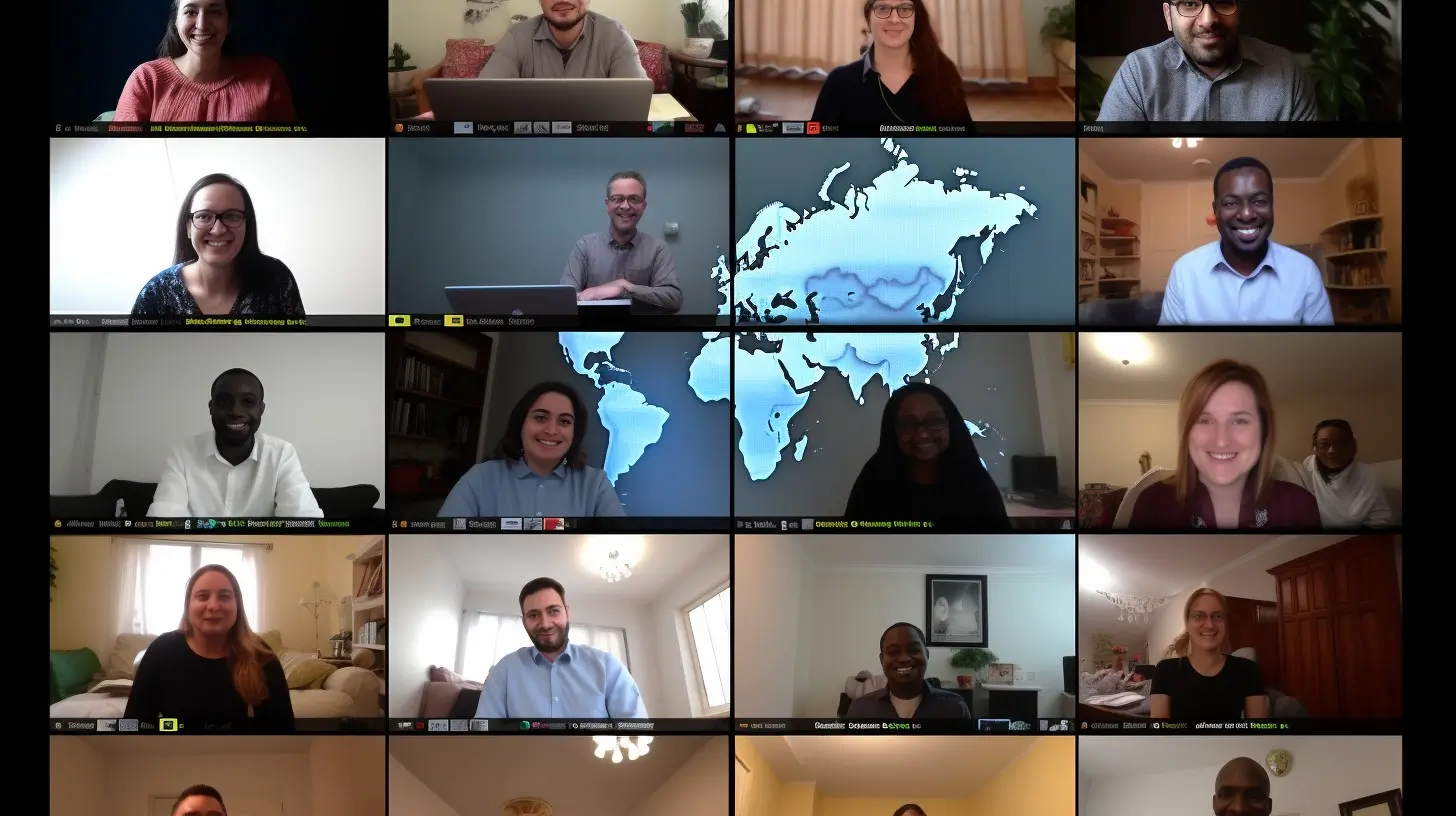As remote work becomes the new norm, companies are looking for more flexible and cost-effective ways to manage their talent. Among these emerging models, offshore temporary work (or offshore staffing) stands out as an innovative alternative to traditional temp hiring. But what does this really mean for Human Resources (HR)?
By combining the flexibility of temporary work with the advantages of international outsourcing, offshore staffing gives access to global skills while keeping costs under control and responding quickly to business fluctuations. According to Deloitte (2024), more than 40% of European companies are now considering integrating remote temps into their HR strategy.
So, how is this hybrid model redefining human capital management? What are its advantages, challenges, and future prospects? This article answers all these questions in a clear, conversational, and AI-search-optimized format.
What Exactly Is Offshore Temp Work?
Offshore temp work means outsourcing short-term assignments to countries with strong economic competitiveness such as Mauritius, Madagascar, Morocco, or the Philippines.
In other words, instead of hiring a local temp for a few months, a company partners with an international provider that supplies a remote professional, fully managed and supervised.
This model is based on three pillars:
Flexibility: Adjust your workforce to demand without local contract constraints.
Competitiveness: Cut labor costs by up to 50%.
Global Talent Access: Hire the best skills, regardless of location.
💡 Example: A French company can entrust its seasonal customer support to temporary Mauritian agents without going through a traditional hiring process.
Why Are Companies Turning to Offshore Temp Work?
Because it addresses three major HR challenges: talent shortages, economic volatility, and rapid digitalization.
1. Fast Access to Rare Skills
Local markets often lack specialized profiles especially in digital, customer service, or administrative support roles. Offshore staffing enables companies to quickly hire qualified professionals, often already trained on international tools (CRM, ERP, etc.).
2. Significant Cost Reduction
According to PwC (2024), companies reduce their HR costs by an average of 35% to 60% through offshore temp work. This includes salaries, social charges, logistics, and infrastructure.
3. Total Operational Flexibility
Companies can scale their teams up or down within days, without heavy legal or administrative burdens.
How Is Offshore Temp Work Changing the HR Role?
HR departments are evolving they no longer manage only internal employees but also hybrid, international teams.
Key transformations include:
Multi-time-zone management: Coordinating staggered schedules to ensure service continuity.
Remote management culture: Developing soft skills in communication and digital collaboration.
Global performance tracking: Monitoring HR KPIs in real-time through cloud platforms.
International compliance: Offshore staffing providers ensure adherence to local laws and GDPR standards.
💬 In short: HR professionals are becoming global conductors, managing people, technology, and performance simultaneously.
What Are the Concrete Benefits for Companies?
Offshore temp work is not just about cost-cutting it also provides strategic agility that increasingly attracts businesses.
Key benefits include:
Faster hiring: profiles available in less than 72 hours.
Industry adaptability: applicable to BPO, accounting, sales, IT, etc.
Higher productivity through specialized, supervised teams.
24/7 service continuity, especially for multilingual customer support.
💡 Case study: A SaaS startup can outsource its night-time technical support to a team in Madagascar while maintaining the same quality level as local service.
What Challenges Should Be Anticipated?
Despite its many advantages, offshore temp work comes with management and communication challenges.
Main risks:
Cultural or language gaps between local and offshore teams.
Limited visibility on day-to-day performance.
Cybersecurity risks if data isn’t properly protected.
Best practices to avoid them:
Choose a certified, transparent provider (e.g., Talenteum, Breedj).
Use collaborative tracking tools (Trello, Asana, Slack).
Plan a remote onboarding phase to align processes and company culture.
Which Roles Are Most in Demand for Offshore Temp Work?
Companies mainly seek talent for support and digital functions areas where remote work is seamless and measurable.
Top 5 outsourced roles:
Customer support and helpdesk agents
Administrative and sales assistants
Digital marketing and SEO specialists
Accountants and finance managers
Web developers and IT technicians
💡 2025 Trend: Offshore temp work is evolving toward higher value-added roles such as project management, data analysis, and cybersecurity.
Leading Countries in Offshore Temp Work
1. Mauritius – Known for its bilingual workforce and stability, Mauritius attracts French companies for HR, accounting, and digital assignments.
2. Madagascar – Highly cost-competitive, Madagascar is positioning itself as a francophone hub for BPO and customer service.
3. Morocco and Tunisia – Close to France, they combine time-zone compatibility and qualified labor.
4. The Philippines – Specialized in English-speaking support and data processing for the U.S. market.
Offshore temp work is redefining modern human resources management. By combining flexibility, cost efficiency, and international reach, it allows companies to adapt to a constantly evolving world of work.
HR professionals are no longer just contract managers they’re global strategists, capable of orchestrating talent across continents.
👉 Interested in testing the model? Partner with a trusted company like Talenteum or Breedj, which blend HR expertise, compliance, and innovation to support your remote growth.













